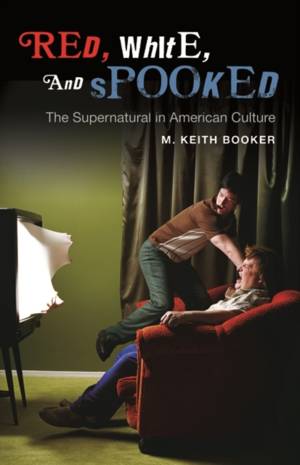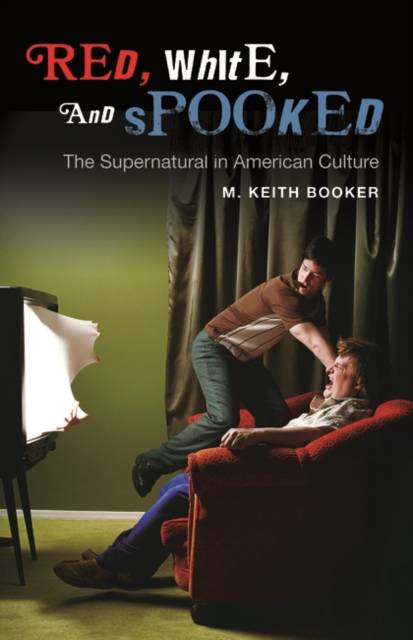
- Retrait gratuit dans votre magasin Club
- 7.000.000 titres dans notre catalogue
- Payer en toute sécurité
- Toujours un magasin près de chez vous
- Retrait gratuit dans votre magasin Club
- 7.000.0000 titres dans notre catalogue
- Payer en toute sécurité
- Toujours un magasin près de chez vous
Description
America has always attempted to define itself through a network of invented myths and national narratives. Historically, this national mythmaking has focused on the building of the nation itself as a sort of grand adventure, as in the notion of manifest destiny, or the taming of the western frontier. This project has also naturally led to a focus on individual heroes, often playing the role of savior and redeemer in ways with clear religious resonances: Christ and Shane and Superman, for instance, all share key characteristics. At the same time, these superheroes have often been adolescents, designed to appeal to younger audiences as well. Other hero myths have been more down-to-earth, focusing on heroes who fight against evil, but in a more modest way, as in the case of the hardboiled detective. Red, White, and Spooked details the development of our national myths in an effort to try and see what these fantasies can reveal about what it means to be American today, and what we want it to mean.
Beginning with John Winthrop's city upon a hill sermon in 1630, American culture has been informed by a sense of its own exceptional nature. The notion of the Western hemisphere as a new world, a place filled with possibility and even magic, goes back to the initial voyages of Columbus, while the American Revolution gave even more impetus to the idea that the United States was a special place with a unique mission. As a result, America has always attempted to define itself through a network of invented myths and national narratives. Red, White, and Spooked details the development of our national myths which can be seen underlying the genres of country and film noir, the characters of Superman, Batman, and Spiderman, television hits like Deadwood and NYPD Blue, and the Pirates of the Caribbean and Lord of the Rings franchises as well. This culture-spanning investigation begins with a historical survey of supernatural and superhuman themes in American culture, concluding with the recent upsurge that began in the 1990s. It then turns to a number of thematic chapters that discuss various works of recent popular culture with supernatural and superhuman themes - such as The X-Files, Smallville, The 4400, Medium, Heroes, Lost, and The Dead Zone - organized according to the desires to which these works commonly respond. The object here is to try and see what these fantasies can reveal about what it means to be American today, and what we still want it to mean.Spécifications
Parties prenantes
- Auteur(s) :
- Editeur:
Contenu
- Nombre de pages :
- 232
- Langue:
- Anglais
Caractéristiques
- EAN:
- 9780313357749
- Date de parution :
- 30-11-08
- Format:
- Livre relié
- Format numérique:
- Genaaid
- Dimensions :
- 157 mm x 231 mm
- Poids :
- 498 g

Les avis
Nous publions uniquement les avis qui respectent les conditions requises. Consultez nos conditions pour les avis.






